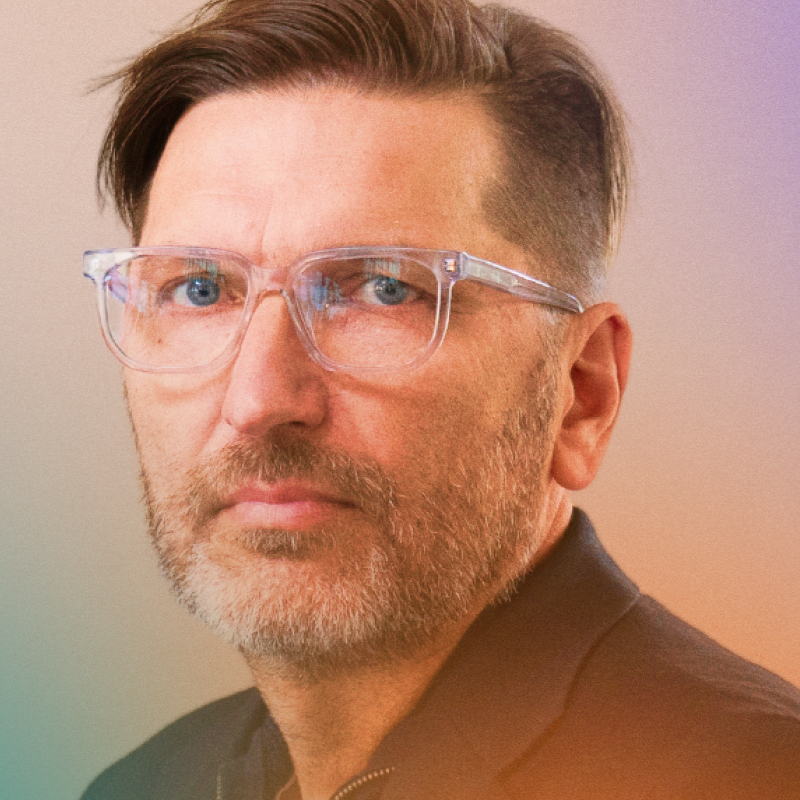No matter where you have been getting your news these past few months, the rise of citizen protest and civil disobedience has captured headlines, top stories and trending topics. The protests following George Floyd’s death are the broadest in U.S. history, having taken place in all 50 of the United States and in dozens of other countries. While this recent surge doesn’t mark the beginning of protest, it also won’t mark the end. And anyone who is called to activism — by organizing or participating — should take some basic steps to protect their digital privacy and security.
Install a VPN
If you’re organizing people using the internet, it’s worth protecting yourself by paying for a VPN, a virtual private network. A VPN is a tool that allows you to access the internet securely wherever you are. It works by creating a secure “tunnel” between your device (wherever you’ve installed and enabled it) and your VPN provider, and it protects you in two key ways:
- Concealing your IP address, protecting your identity and location.
- Encrypting your traffic between you and your VPN provider so that no one on your local network can decipher or modify it.
Some VPNs — free and paid ones — will log your online activities or try to convince you to install malware on your devices. Mozilla VPN is an affordable service that doesn’t do any of that nonsense. We’ve done the legwork to ensure that Mozilla VPN actually respects your privacy, and it’s something we’re willing to stake our reputation on. It’s available for up to five devices when you connect to the internet from any app or browser, so it’s good at home and on the go.
Try Mozilla VPN for security you can rely on from a name you can trust.
Try Mozilla VPNUse encrypted communication
Talking face-to-face is the most ephemeral way to have a private conversation, but that’s often not practical in larger scale activism. Matt Mitchell, Founder of CryptoHarlem, Ford Fellow and former Mozilla Fellow, recommends using encrypted communication platforms — like Keybase, Wire, Signal and ProtonMail — so that what you say and share digitally is protected by end-to-end encryption.
Activists and whistleblowers might be in a situation where they want to share information with a journalist, and keeping that communication secure and private is important to personal safety. Media outlets publish guidelines for secure communication on their sites, like these from The New York Times, The Washington Post, National Public Radio and The Guardian, to protect sources and journalists.
Keep a private email identity
Be alert to platforms and petitions that ask for your personal information. Ask yourself if it’s critical to provide that information, and if the requestor is trustworthy in the first place. If something looks off, it’s not worth the risk. Firefox Relay makes it easy to shield your personal email by creating email aliases that forward to your inbox, keeping your actual email address private.
Audit your apps
Check app permissions: Does that game you downloaded need to access your location, photos or contacts? Many apps and sites do not need to know these things to function, yet they still request them by default during installation. Take a look in your settings, and turn those perms off, especially your location.
Delete stale accounts and apps: While you’re at it, delete unused accounts and apps. And remember, deleting an app from your device doesn’t delete the account you used to access that app. Delete your account first, and then delete the app if you want to completely unwind yourself. If you’re not regularly using it, purge it.
Use web apps: Instead of downloading a full app, which takes up space and can track your phone’s data, use a web app where offered. Web apps basically give you an app-like experience but in your mobile browser. This way you can free up space on your device and reap the benefit of Firefox’s enhanced tracking protection and other privacy-respecting features.
Secure your devices and the accounts on them
Use an access passcode: These days many phones come with biometric unlocking through facial recognition and touch identification, plus the old standby, a passcode. The benefit of a passcode is that your phone could be held to your finger or face, whereas you’d have to be forced to give up a passcode.
Be smart about passwords: Strong passwords are the first line of defense against unauthorized access to your accounts. Here’s how to be smart:
- – Use complex, unique passwords, always.
- – Remember them with a password manager. Firefox can automatically generate and save complex passwords so you can access them wherever you’re logged into your Firefox account.
- – Monitor your accounts against data breaches with Firefox Monitor.
Keep browsing private
Searching and visiting websites in Firefox private browsing mode offers some quick privacy on your computer at home or your phone. Firefox clears your search and browsing history when you quit the app or close all Private Browsing tabs and windows. While this does not make you anonymous to websites or your internet service provider like a VPN would, it does make it easier to keep what you do online private from anyone else who uses or borrows your device. Learn more about how Private Browsing works.
Protect yourself at protest events
While the First Amendment of the U.S. Constitution guarantees citizens the right to peacefully assemble and petition the Government for redress of grievances, doing so is not without risk. Check out the American Civil Liberties Union’s guide to protesters’ rights. The ACLU covers what you should know if you are organizing a protest, attending a protest, recording media at a protest or stopped by the police while protesting.
Privacy tools for anyone
Every day, billions of people gather online to live, learn, connect and communicate. Whether you’re involved in cyber activism or not, protecting your privacy and security shouldn’t be left to chance. These tips are useful for anyone who’s ready to step up their online safety.


